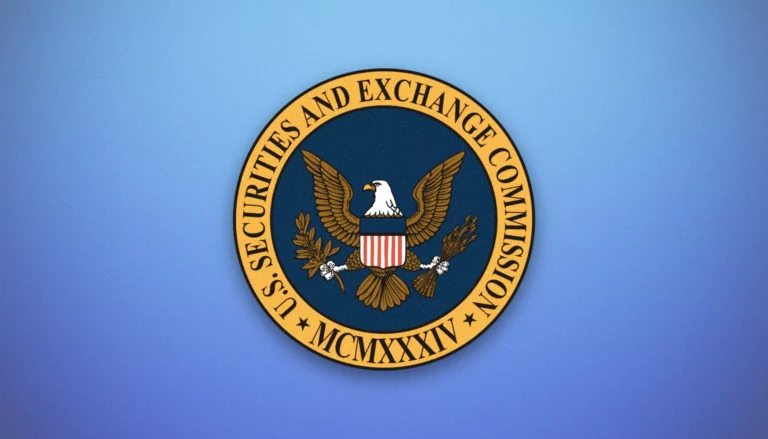On August 12, 2013, the crowdfunding platform AngelList submitted some really great and thoughtful comments to the SEC with respect to the SEC’s proposed Reg. D amendments related to new Form D filing requirements and enhanced penalties for failure to file (which you can read more about here). AngelList expressed its concern that the newly proposed Form D rules would result in “disastrous unintended consequences” for startups, observing that proposed rules reflect how sophisticated Wall Street issuers, investment banks, and law firms, rather than early stage businesses, engage in capital raising.
The new Form D rules, among other things, require the filing of Form D 15 days before engaging in any general solicitation, require the filing of general solicitation materials with the SEC, require certain legends to appear on general solicitation materials, and require an additional amendment Form D filing when an offering is complete. It also added a harsh penalty for failing to make any Form D filing: a ban on follow-on Reg. D offerings that continues for one year after the company corrects the problem. AngelList made the argument that, while sophisticated issuers would be aware of these rules and should not find compliance overly burdensome, startups could easily find themselves in violation of the rules. AngelList suggests that such rules should not apply to startups because they often do not have the resources to engage lawyers and investment bankers to advise them about, or even apprise them of the existence of, such rules. If they fail to comply with rules they don’t even know apply, the penalties for noncompliance will prevent them from raising capital at all and they will fail, which AngelList suggests is contrary to the spirit of the JOBS Act.
AngelList argues that unlike sophisticated issuers, startups generally need a small amount of funds and raise capital continuously, without formal start or end dates. Their offering materials tend to be more informal, consisting of dynamic online photos and profiles, as opposed to a formal private placement memorandum, and they communicate frequently and instantaneously with potential investors via e-mail and postings on private online forums. They will likely use online media that doesn’t lend itself to lengthy disclosures, such as Twitter. AngelList argues that this type of information sharing is transparent and “supports good investment decisions” — which would change if startups are required to file every change with the SEC, because they would stop posting information online and instead move to exchanging information verbally. AngelList also expressed its concern that, because it facilitates financing by startups, AngelList itself could be implicated in the failure of an “affiliate” or “promoter” of a startup to comply with the new rules and also be subject to the one-year ban on financing.
As solutions to the problems it outlined, AngelList suggested that the SEC allow third parties to do a brief filing on an issuer’s behalf via an application programmer interface on which crowdfunding platforms can automatically register simple company data with the SEC; allow the company or a third-party to provide the SEC a URL where it can access the financing materials online; require legends and disclosures only when terms are communicated and not when the offering is merely mentioned in the media, social media, conferences, and the like; eliminate the requirement to file the Form D in advance; rather than impose severe penalties for noncompliance, reduce the costs of compliance by making more of the Form D information confidential; and don’t extend penalties to crowdfunding platforms, incubators, and VCs that support startups.
AngelList’s response is well argued and reasonable. If other players in the startup world continue to make their voices heard in this way, hopefully the SEC will listen.
© 2013 Alexander J. Davie — This article is for general information only. The information presented should not be construed to be formal legal advice nor the formation of a lawyer/client relationship.




